I am beyond hyped for Final Destination: Bloodlines. To refresh my memory on the series, it seemed like a good time for a rewatch of the first five. While there are definitely high and low points in the franchise, I was left with a much bigger question: Why do I like these so much?
Despite my love of horror, I can’t say I love watching people die. What I do enjoy, is the tension and terror that leads up to it. For that, it’s hard to get a more distilled experience than Final Destination. As the series progresses, many of the mechanisms that Death uses to trap and kill its escaped prey get more elaborate. Death has a pattern, and so do these franchise kills. There’s usually a couple of long, drawn-out, Rube Goldberg-style deaths featuring multiple red herrings that could kill off the victim, before finally ending them with a shocking twist. After those harrowing ordeals, the movie will switch up the formula and kill off the next person quickly and efficiently.
More Than Gore
But it’s not just about the deaths, although they are pretty impressive. Final Destination, as a franchise, offers a more complex look at death, fate, and the inevitable. The reason I keep coming back to it is because of its unique view on Death as a character.
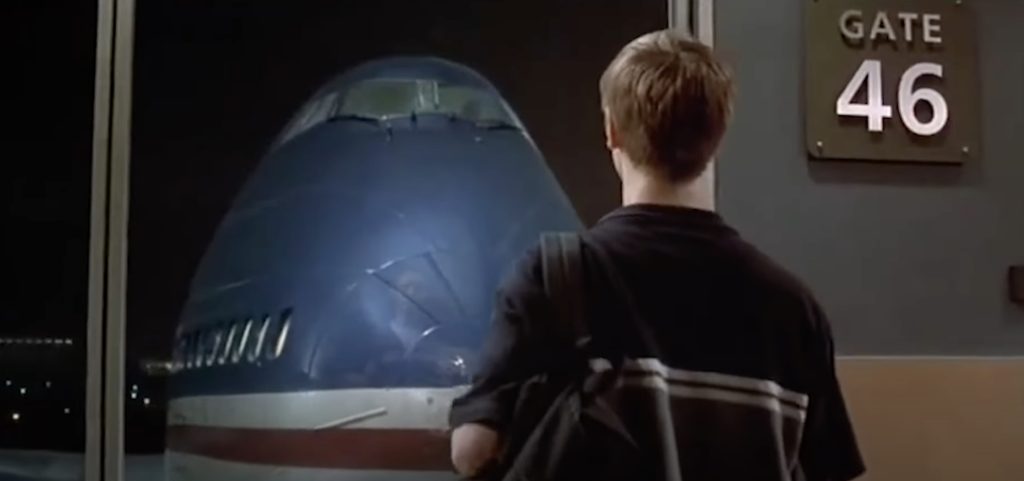
Each movie starts with the main character getting a vision of a gruesome accident that ends in mass casualties. This vision helps them save themselves and several others. Shortly after, Death comes to collect the survivors.
The Survivors – maybe
In several of the movies, Tony Todd (yay), as the mortician Bludworth, fills the survivors in on what is happening. He cryptically warns them that Death does not like to be cheated. Sometimes he offers a sliver of hope. However, out of five movies, there are only two survivors: Kimberly Corman and Thomas Burke of Final Destination 2. There is a caveat to this: in the home video release of the third movie, a newspaper clipping reveals that they both died in a woodchipper accident. It’s never referenced in any of the movies themselves, so you can go either way on how canon it is.
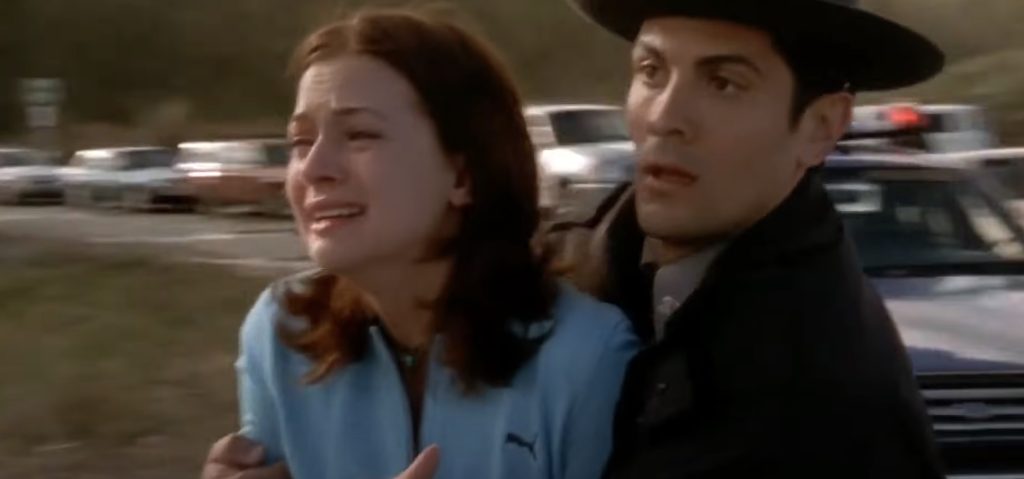
If they do survive, I haven’t done all the math, but this feels like the lowest survivor count of any long running horror franchise. If they didn’t, well like Bludworth says, “there are no escapes”.
What’s the Point of Final Destination?
The first couple of movies do a lot with symbolism and interpreting Death’s plan. Later movies focus more on prevention. It’s an interesting tonal shift, but a necessary one as the franchise needs to keep the audience on their toes and change up the formula just enough to deliver a slightly new experience.
It also offers a different type of hope. We start with trying to understand Death, but we move beyond that to just prevention, especially in Final Destination 4 and 5. All their plans fail. Death cannot be understood, skipped, prevented, or substituted.
Or can it? Final Destination: Bloodlines offers a different premise: it’s focusing on the granddaughter of someone who received a premonition. Someone who survived long enough to have a family. Death must be pretty pissed, ‘cause it sounds like it’s coming back to collect on a long overdue debt.
Until Final Destination: Bloodlines releases, I’ll be operating under the belief that there are no survivors. Given the track record for the movies, I’m not optimistic that anyone will make it out of the sixth movie either. That’s fine, since after all, that’s life.
Unanswered Questions
So, where did they get the premonitions to begin with? If everything is planned out so meticulously, then these visions have a role to play as well. Final Destination 4 draws a much closer connection between Death and the premonitions, by implying that they were part of Death’s pattern to begin with. Just another step in the plan that led the final three to get run over by a semi, as was always intended.
That certainly indicates that Death is as vicious as the characters in the third movie felt it to be. But why these people? Hundreds of people die peaceful, good, calm deaths every day without explosions, impalements, or catastrophic bridge failure. What makes Death decide who goes in their sleep, and who needs the old woodchipper treatment? Is Death just, bored?
Sadly, the fifth movie does not clarify this point, and even further muddies the water with another prevention plan. Now, instead of intervening or restarting Death’s list, we’re going to trade places on it.
Who Deserves to Die?
Bludworth says Death is sadistic, but is it? Thematically, in Final Destination, death is not a moral judgment. No one deserves death, even if watching the terrible characters die is somehow more rewarding. Everyone dies, sooner or later. It’s not fair, but that’s life. I think that’s one of the things I find more interesting about the franchise. A lot of horror movies use death as a punishment for breaking social taboos.
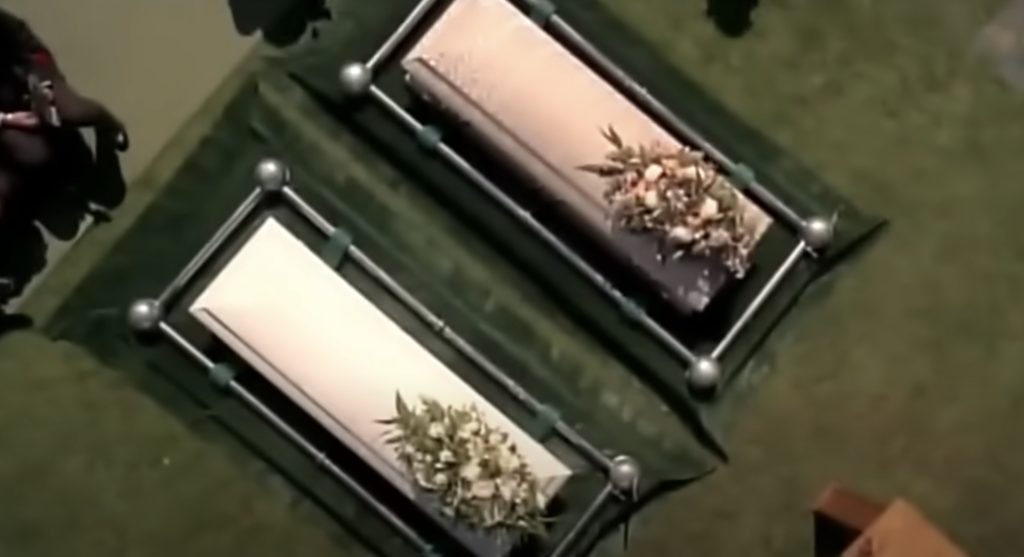
I have some problems with that particular approach; First, it tends to not age well. What is taboo now, may be commonplace in ten years. It’s also a short hop to “judgey” and offensive. All those ‘80s slashers that killed off teens for having sex and well, being teens, aren’t always viewed fondly in 2025. Killing off people for just existing, that works in any decade. At least I hope it will. The Final Destinations are about a different kind of death.
Who Deserves to Live?
Final Destination 5 really gets into the idea that no one deserves death, and the characters grapple with their individual morals after Bludworth gives them a sliver a hope: they can kill someone and claim their remaining lifespan. Who they try to kill, and why, is a large part of the back half of the movie.
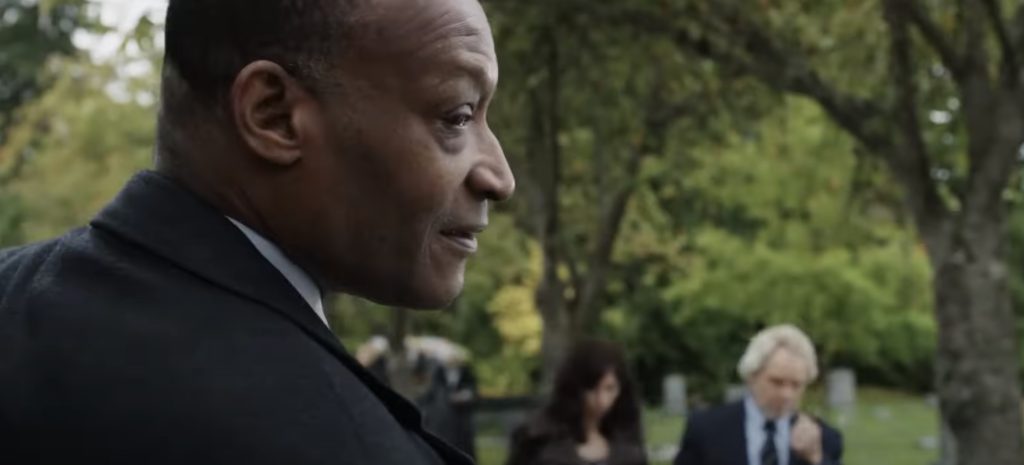
According to what the movie shows, this might not actually work; let’s do some math. Peter, the human antagonist, kills a federal agent. He gets the agent’s life span; Peter + Agent. Sam kills Peter to protect his girlfriend, Molly. Sam is now at lifespan = Sam + Peter + Agent. Assuming that Peter and Sam are negligible due to being on Death’s list, he should at least have the agent’s remaining lifespan. Only, if the agent was due to die in a car accident or from bad sushi next week, it’s all for nothing.
Sam and Molly think they are safe, but since this is actually a secret prequel to the whole franchise, they get on flight 108 (from the first movie) and die. This is especially important, since Molly wasn’t originally one of the dead. While 5 didn’t discuss the premonitions being part of Death’s plan, her being on that airplane is a strong hint. We end the movie not really knowing if taking someone’s lifespan will work or not. It doesn’t work out for anyone in the movie, but is that because they didn’t have long to live, or was the premise flawed to begin with? How much can we, or should we, ever really know about Death’s design?
The Circle of Death
When Final Destination 5 ends, effectively bringing the viewer full circle without providing any real answers, it still delivers a satisfying conclusion to what could be considered the first arc in this story. Whether or not we get more past Bloodlines depends on how much appetite current movie-going audiences have for cynical stories about the inevitability of death. If I’m being honest, The Monkey didn’t go over as big as I thought it would, and that’s a much more optimistic movie. Maybe more familiar ground will fare better.
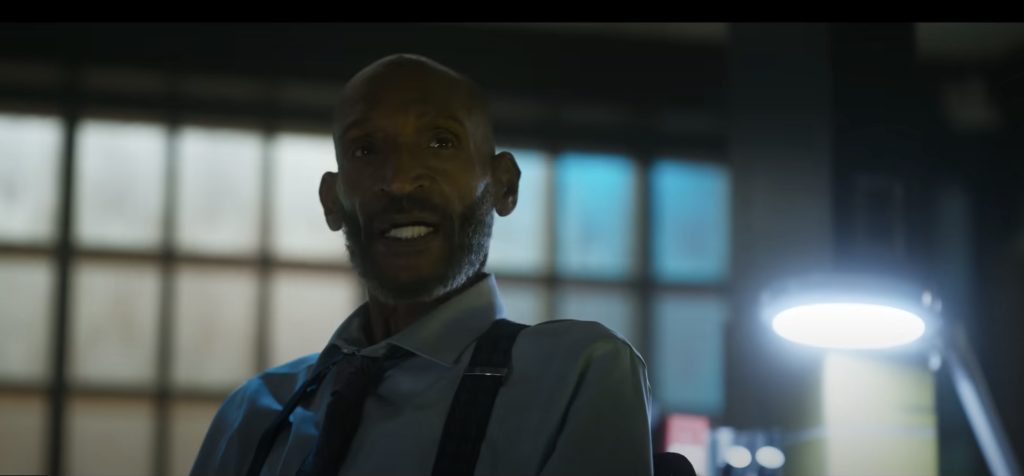
So many horror movies are about the ability to confront evil; to defeat the evil stalking the hero or achieve some level of victory against the darkness. Final Destination offers no hope, but it does deliver plenty of mystery and symbolism for lore lovers to dig into. It builds on a simple narrative, expanding its mythology in new ways. More than that, these moves invite the viewer to constantly participate and guess where Death will strike, how the slight gust of wind will lead to doom.
“Final” Thoughts
Watching any one of these movies, more than any other movie, except for maybe the Terrifers, I feel like a kid watching horror movies with my mom. I get tense and nervous. Even when I know someone is going to die, not knowing how keeps me on edge like no other franchise. I don’t get that feeling a lot, so I really love the movies that inspire it.
Final Destination is a complex look at death, wrapped in a gory, suspenseful, twisting narrative. It’s also campy and darkly funny. There’s a lot of reasons to enjoy them, but for me I really only need one: they still make me feel the way that a fun horror movie should.
Final Destination: Bloodlines in out in theaters soon
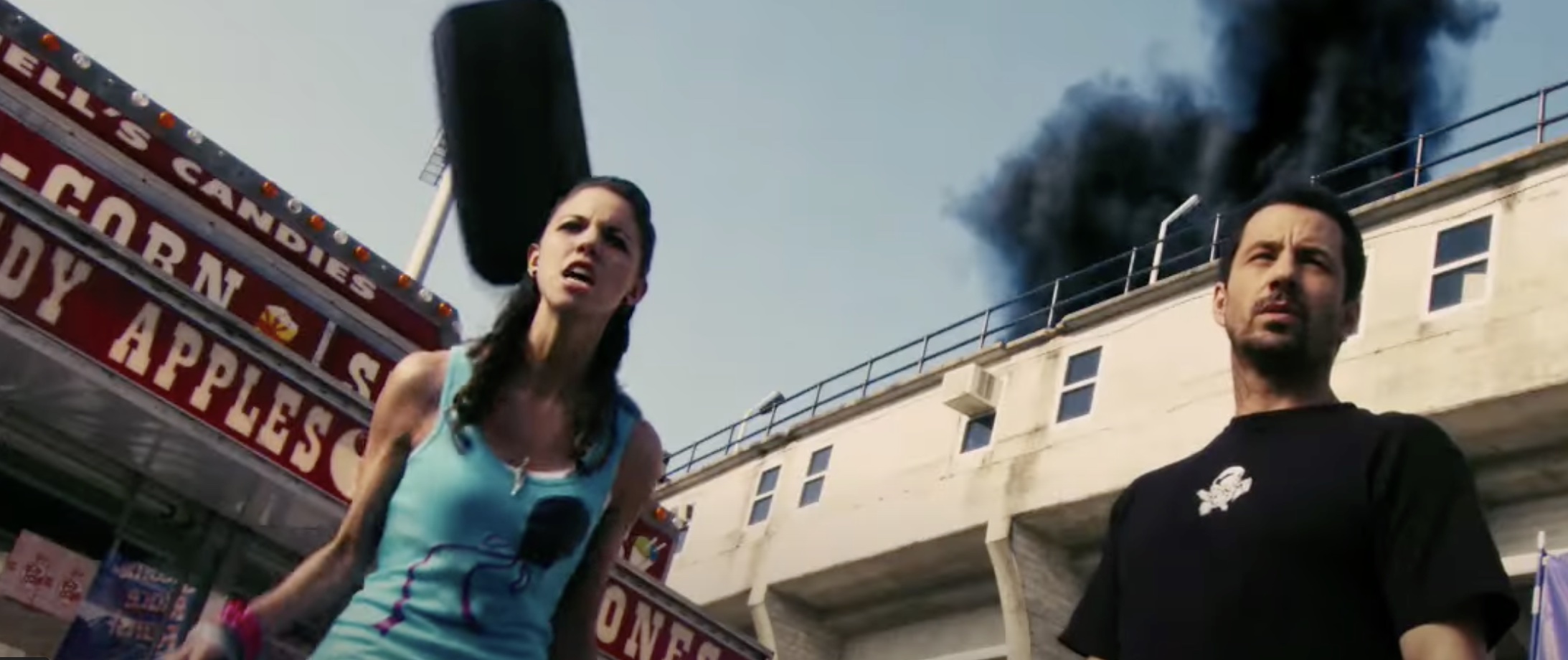
Leave a Reply